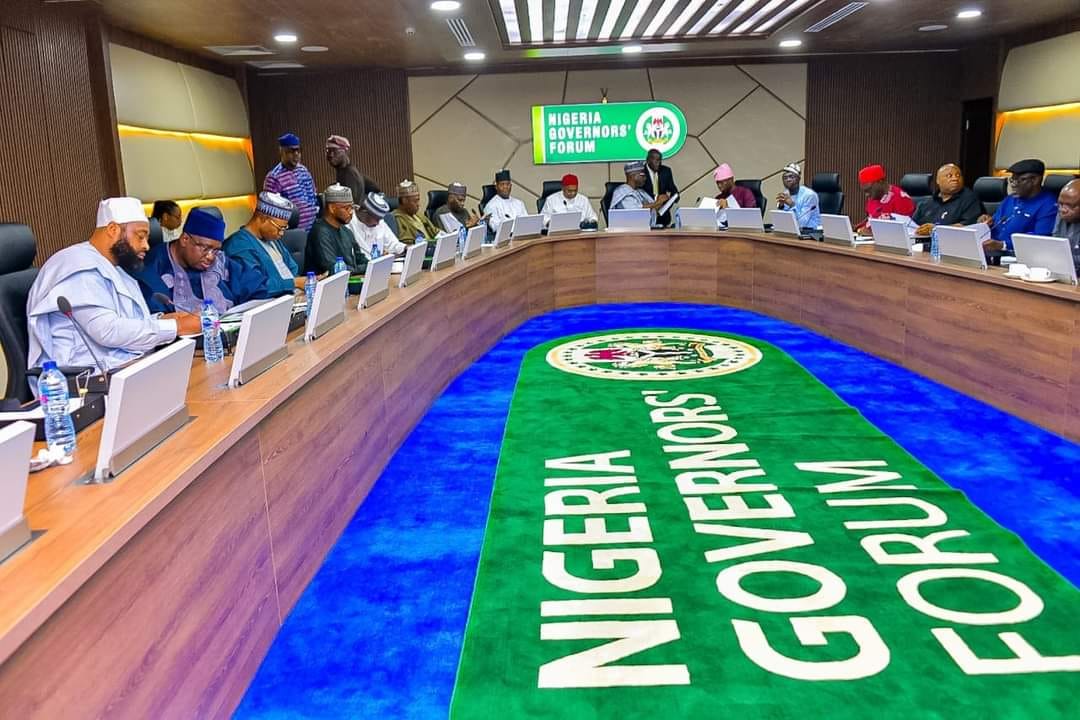Sunday Ehigiator
Health experts in Nigeria have expressed concern over the surging cases of diabetes in the country, warning that soaring drug prices are putting life-saving treatment out of reach for millions of patients.
Their concerns came as a World Health Organisation (WHO) report had shown that the number of adults living with diabetes has quadrupled over the past three decades, with nearly half unable to access the medicines they need.
Once regarded as a condition of the affluent, diabetes is now increasingly common among both the rich and poor, in rural and urban areas alike, and among younger age groups.
According to Professor Zubairu Ilyasu of Aminu Kano Teaching Hospital, “more than 11 million Nigerians are living with diabetes, many of them undiagnosed.”
The International Diabetes Federation (IDF) puts prevalence at nearly six per cent of the adult population, but doctors warn the true figure is higher because of weak surveillance.
“The numbers we are seeing are alarming,” said Dr Olufemi Fasanmade, professor of medicine and consultant endocrinologist at Lagos University Teaching Hospital (LUTH).
“We now diagnose patients in their thirties and forties with complications that used to appear only later in life. It reflects how lifestyle changes, urbanisation, and poor diets are fueling this epidemic.”
The WHO’s 2024 Global Diabetes Report noted that cases have quadrupled worldwide since 1990, rising from about seven per cent of adults to nearly 14 per cent in 2022.
That translates to more than 800 million people living with the condition, of whom almost 450 million remain untreated.
Nigeria, according to the WHO, is among the most vulnerable countries, with millions going without essential medicines despite rising diagnosis rates.
“Diabetes has become one of the defining health challenges of our time,” WHO Director-General Dr Tedros Adhanom Ghebreyesus said.
“We cannot stand by while life-saving medicines remain out of reach for millions. The time for governments to act decisively is now.”
In Nigeria, however, even as awareness of the disease grows, treatment remains out of reach for many families because of the soaring cost of drugs.
Insulin, discovered more than a century ago but still the backbone of diabetes care, is priced well beyond what most households can afford. A vial costs between N7,000 and N12,000 depending on the brand and location, and many patients require two or three vials each month.
This means that a patient may need N30,000 to N35,000 monthly just to survive, in a country where the minimum wage is barely enough to feed the stomach against hunger in a month.
The newer GLP-1 receptor agonists, which regulate blood sugar and reduce complications, cost upwards of N80,000 a month, making them accessible only to the wealthy.
Speaking with THISDAY, a Lagos-based Diabetologist, Dr. Aisha Kareem, noted that, “I have patients who choose between feeding their families and buying insulin.
“Some stretch one vial for two months, taking half doses. Others simply stop treatment. By the time they come back to the clinic, they are in diabetic coma or with kidney failure. It is heartbreaking.
“Aside from the fact that major drug manufacturing companies have left the country, the mechanics of drug pricing in Nigeria exacerbate the problem. Since the country imports most of its medicines, the depreciation of the naira has pushed costs to record levels.
“Additional tariffs, logistics expenses, and pharmacy markups mean that by the time insulin reaches patients, its price is several times the original landed cost.
“Even when medicines are available in central stores, the final retail prices are often inflated by tariffs, import duties, and markups at multiple levels.”
Patients themselves describe the crisis in painful terms. A patient by the name, Chidinma Okeke, said, “I was diagnosed with type 1 diabetes when I was 19. My parents sell foodstuffs, and we cannot afford to buy my insulin regularly.
“Sometimes I borrow money from friends. Other times, I just pray and hope my sugar won’t go too high. It feels like my life depends on money we don’t have,” she added.
Similarly, a civil servant, James, added: “I spend more than a quarter of my salary on diabetes drugs. There are months when I skip doses because school fees and rent come first. My doctor warns me, but what choice do I have?”
Doctors warn that, beyond the high drug costs, systemic weaknesses in Nigeria’s health sector are worsening the situation.
According to the former president of the Nigerian Medical Association, Dr. Francis Faduyile, “WHO’s warning should be a wake-up call for Nigeria. We are dealing with a crisis that is under-recognised. If nothing is done, diabetes will overtake infectious diseases as a leading cause of death in this country.”
Médecins Sans Frontières (MSF) has also criticised the disparity between production costs and retail prices for diabetes medicines.
The humanitarian group says some newer GLP-1 drugs are being sold at up to 400 times their estimated manufacturing cost.
“These medicines are absolute game-changers, but they are being kept out of the hands of hundreds of millions of people in low- and middle-income countries who need them,” MSF warned in a statement.
In South Africa, MSF advocacy officer Candice Sehoma urged governments to hold pharmaceutical companies accountable. “The WHO and governments must demand that pharmaceutical corporations open their books,” she said.
“It is unacceptable that insulin, discovered more than a century ago, remains inaccessible to half the people who need it. We cannot allow monopoly pricing to dictate who lives and who dies.”
Her concerns resonate in Nigeria, where pharmacies in major cities frequently charge double the wholesale price. Doctors argue that regulatory bodies like NAFDAC and the Federal Ministry of Health must strengthen oversight to prevent profiteering.
They argue that the government must introduce targeted subsidies for insulin and essential diabetes drugs, similar to its vaccine programs.
According to Kareem, “No patient should die because of the cost of a drug discovered 100 years ago. Producing insulin locally could cut costs by 40 per cent or more.
“Relying on imports exposes us to foreign exchange shocks and high tariffs. The government must incentivise local pharmaceutical companies to produce biosimilar insulins.
“Health insurance also remains a weak link. Most Nigerians are not enrolled in the National Health Insurance Authority (NHIA), and even those who are find that their packages rarely cover the full cost of insulin.
“NHIA must prioritise chronic diseases. Otherwise, health insurance will remain irrelevant to millions of diabetic Nigerians.”
Kareem warns that the cost of inaction will be catastrophic. “Diabetes is already one of the leading causes of kidney failure in Nigeria, with thousands requiring dialysis each year at crippling costs.
“Amputations from poorly managed diabetes are becoming more common, and cases of blindness linked to the disease are rising. Every untreated patient is a future case of stroke, heart disease, or kidney failure.
“The economic loss to Nigeria will be staggering if we do not confront this now. And the best solution remains that, insulin and other necessary drugs needed for the care of diabetics must be manufactured locally, while also improving the health insurance net, especially for the rural dwellers.”



